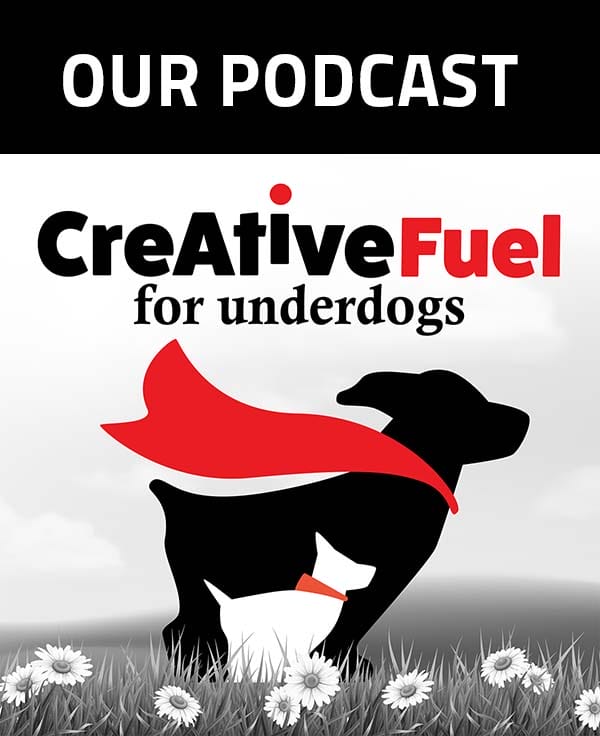Indexing in SEO refers to the process where search engines, like Google, gather and store information from web pages so they can be displayed in search engine results pages (SERPs). When a website is indexed, it means that search engine crawlers (also known as bots or spiders) have visited the site, analyzed its content, and added it to the search engine’s database.
Once a page is indexed, it becomes eligible to appear in search results when users type in relevant queries. However, indexing is not the same as ranking. While indexing ensures your website is part of a search engine’s database, ranking determines where your website will appear on the results page based on factors like content quality, keyword relevance, and user experience.
Simply put, without indexing, your website won’t show up in search engine results, making it essential to ensure that your site is properly indexed for maximum visibility.
Why is Indexing Important for Your Website?
Indexing is crucial because it directly impacts whether or not your website will appear in search engine results. If a page isn’t indexed, it’s essentially invisible to potential visitors who use search engines to find information. Ensuring that your website is properly indexed means that search engines can recognize your content and display it when users search for relevant topics.
Moreover, indexing affects your site’s overall search performance. If important pages aren’t indexed or if unnecessary pages (like duplicates or low-quality content) are indexed, it can hurt your search rankings. Unindexed pages won’t generate traffic, and indexed pages that don’t align with SEO best practices can lower your site’s authority, resulting in reduced visibility in search results.
How Does SEO Indexing Work?
SEO indexing begins when search engine crawlers (also known as bots or spiders) visit your website. These bots jump from link to link, scanning the content on each page and assessing its relevance and quality. They use several factors—such as keywords, meta tags, and content structure—to determine how well a page matches potential search queries.

Once the crawlers have processed a page, they store the information in the search engine’s index, a massive database of web content. From this index, search engines can quickly pull up relevant pages when users enter a query.
Indexing is an ongoing process. Search engines continuously send bots to crawl websites, so new content is indexed, and outdated content can be updated or removed. For a website to perform well in search engine rankings, it’s essential that these crawlers can efficiently access and index its pages.
Best Practices to Optimize Your Website for Indexing
To ensure that your website is properly indexed, there are several best practices you should follow. These practices help search engine crawlers access, understand, and categorize your website more efficiently, improving your chances of ranking well in search results.
Submit a Sitemap: A sitemap is a file that lists all the pages on your website, helping search engines find and index them more easily. Submitting a sitemap through tools like Google Search Console ensures that your important pages are prioritized for indexing.
Optimize Meta Tags: Meta tags, such as title tags and meta descriptions, provide search engines with a summary of your page’s content. Make sure these tags are optimized with relevant keywords and accurate descriptions to improve your page’s chances of being indexed correctly.
Use Robots.txt Files: You can control which pages get indexed by search engines using a robots.txt file. This file instructs search engine crawlers on which pages to skip or prioritize, helping you prevent low-quality or irrelevant content from being indexed.
Improve Website Structure and Navigation: A clear and logical site structure, with easily accessible pages, helps crawlers navigate your site efficiently. Internal links between pages allow crawlers to discover more content and index it appropriately.
Common Indexing Issues and How to Fix Them
Indexing issues can prevent search engines from properly recognizing your website’s content, which can limit your visibility and ranking potential. Here are some common indexing problems and how to resolve them:
Blocked Pages: Sometimes, important pages might be unintentionally blocked from being indexed due to incorrect robots.txt files or no-index tags. To fix this, check your robots.txt file and meta tags to ensure you’re not accidentally preventing search engines from accessing critical content.
Duplicate Content: Duplicate content confuses search engines, as they may not know which version to index. This can lead to lower rankings for both pages. Fix this by using canonical tags, which tell search engines which version of a page to prioritize.
Orphan Pages: Pages with no internal links (orphan pages) are difficult for crawlers to find and may not be indexed. Ensure all your pages are interconnected with proper internal linking to help crawlers navigate your website.
Slow Page Load Times: If a page loads too slowly, search engine crawlers might not fully process it, leading to incomplete or failed indexing. Optimize your website’s speed by compressing images, reducing JavaScript, and using caching techniques.
How Can You Influence Indexing?
While search engines typically handle indexing automatically, you can take proactive steps to improve how quickly and effectively your site gets indexed. One of the most useful tools for influencing indexing is Google Search Console. By using this tool, you can directly impact how Google crawls and indexes your site.
For instance, if you’ve recently added or updated content, you can manually request Google to re-index those specific pages. This ensures that your fresh content is considered in the latest search results. Addressing issues such as crawl errors, which Google Search Console identifies, helps you prevent problems like unindexed pages or missed updates.
Additionally, you can use the “Inspect URL” feature to check how Google views a particular page. This allows you to spot potential indexing problems, fix them quickly, and ensure your key content is visible to search engines and users alike.
The Role of Internal Links in SEO Indexing
Internal links play a significant role in SEO indexing by helping search engine crawlers navigate your website and discover new content. When you create a solid internal linking structure, you guide crawlers to different pages of your site, ensuring that each important page gets indexed.
For example, linking related articles or pages from within your content improves the chances of those pages being found and indexed. Additionally, internal links help distribute “link equity” across your site, which can enhance the authority of key pages in search engine rankings. Pages that are buried deep in your site’s structure or are not linked from other pages may be harder for search engines to find, reducing their chances of being indexed.
To optimize internal linking for indexing, focus on linking to relevant content, maintaining a logical navigation structure, and ensuring that no important pages are orphaned or isolated. The easier it is for crawlers to explore your site, the better your chances of having all valuable content indexed and ranked.
Can Indexing Errors Harm Your SEO?
Yes, indexing errors can significantly harm your SEO efforts by preventing search engines from properly understanding or displaying your website. If key pages aren’t indexed due to crawl issues or misconfigurations, they won’t appear in search results, which can limit your site’s visibility and reduce organic traffic. For instance, pages blocked by incorrect use of robots.txt or no-index tags may go unseen by both search engines and users.
Additionally, issues such as duplicate content or orphaned pages can negatively impact user experience and SEO performance. Search engines may struggle to determine which version of duplicate content to rank, leading to lower rankings for both pages. Orphaned pages—those without internal links—may go unnoticed by search engine crawlers, reducing their likelihood of being indexed.
Regularly auditing your site for indexing errors and fixing them promptly helps ensure that all your valuable content is indexed and ranked correctly. By addressing these issues, you can safeguard your SEO efforts and maintain a strong online presence.
Featured Services:
SEO Recovery | SEO Services | Web Design For SEO | B2B SEO | B2C SEO | SEO Case Studies | SEO Company Near Me | SEO Agency Akron | SEO Expert Near Me | Marketing Agencies Near Me | Marketing Agency Akron | SEO for Manufacturers | Manufacturing SEO Agency





